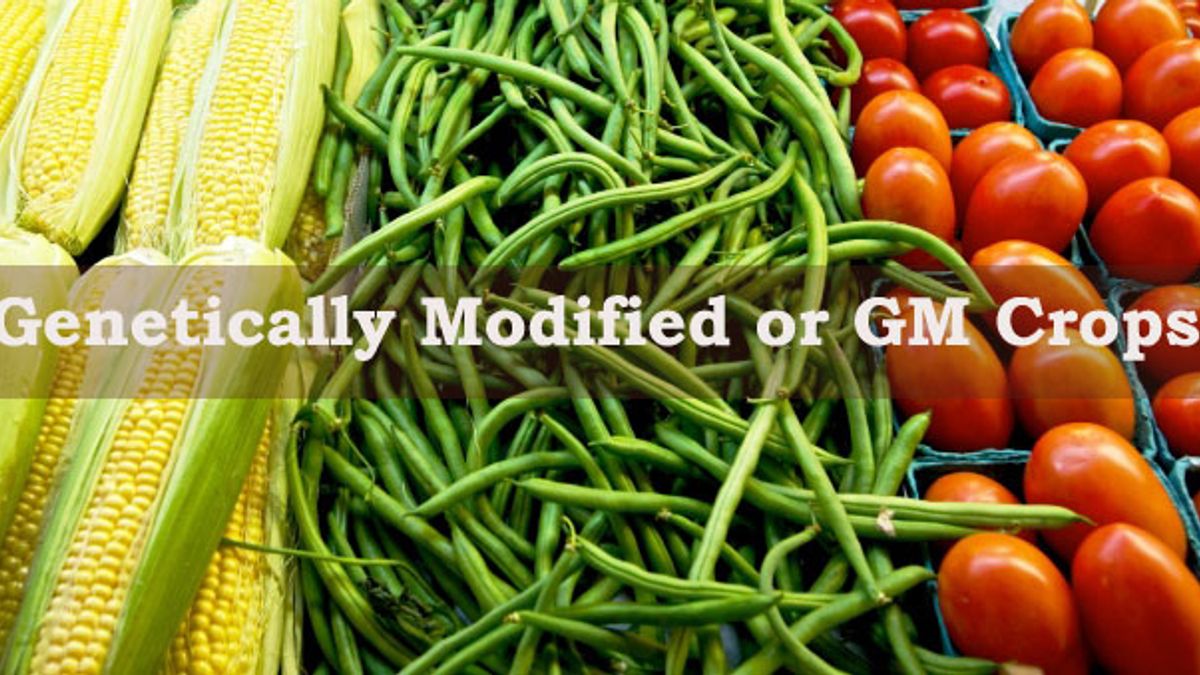Benefits of GMO: A Comprehensive Guide
Welcome to our comprehensive guide on the benefits of GMOs (Genetically Modified Organisms). In this article, we will explore the various advantages associated with GMOs and how they can positively impact our lives. GMOs have been a topic of debate and discussion, and it is essential to understand the potential benefits they offer.
Enhanced Crop Yield
One of the significant advantages of GMOs is their ability to enhance crop yield. Through genetic modification, scientists can introduce traits into crops that make them more resistant to pests, diseases, and environmental conditions. This results in increased productivity and a higher yield of crops, helping to meet the growing demands of a rapidly increasing global population.
Improved Nutritional Content
GMOs also provide the opportunity to improve the nutritional content of crops. Scientists can modify the genetic makeup of plants to enhance their nutritional value, such as increasing the levels of essential vitamins and minerals. This can have a positive impact on public health, especially in regions where certain nutrient deficiencies are prevalent.
Reduced Environmental Impact
Another benefit of GMOs is their potential to reduce the environmental impact of agriculture. By genetically engineering crops to be resistant to pests and diseases, the use of chemical pesticides and herbicides can be significantly reduced. This not only minimizes the exposure of farmers and consumers to harmful chemicals but also helps preserve the biodiversity of ecosystems.
Drought and Frost Tolerance
GMOs can also be engineered to exhibit increased tolerance to drought and frost. This is particularly important in regions that experience challenging climatic conditions, as it allows farmers to cultivate crops that can withstand extreme weather events. By improving the resilience of crops, GMOs contribute to the stability of food production and reduce the risk of crop failure.
Enhanced Flavor and Shelf Life
Genetic modification can also be employed to enhance the flavor and shelf life of fruits and vegetables. By manipulating the genes responsible for taste and ripening, scientists can develop crops that offer improved flavors and extended shelf life. This not only benefits consumers by providing them with better-tasting produce but also reduces food waste by extending the time during which the crops remain fresh.
Economic Benefits
GMOs can have significant economic benefits for farmers and agricultural industries. By increasing crop yield, improving resistance to pests and diseases, and reducing the need for chemical inputs, GMOs can lead to higher profits and reduced production costs. This can contribute to the economic development of rural communities and help improve food security globally.

In conclusion, GMOs offer various benefits that can positively impact agriculture, public health, and the environment. From enhanced crop yield and improved nutritional content to reduced environmental impact and economic benefits, GMOs have the potential to address many of the challenges faced by the global food system. It is important to continue research and have informed discussions to ensure the responsible and safe use of GMOs for the betterment of our society.
Frequently Asked Questions about the Benefits of GMOs
1. What are GMOs?
GMOs, or genetically modified organisms, are living organisms whose genetic material has been altered using genetic engineering techniques.
2. What are the benefits of GMOs?
GMOs offer several benefits, such as increased crop yields, enhanced nutritional content, improved resistance to pests and diseases, and reduced need for chemical pesticides.
3. How do GMOs increase crop yields?
GMOs can be engineered to have traits that enable them to produce higher yields by resisting environmental factors like drought, pests, and diseases.
4. Do GMOs have nutritional benefits?
Yes, GMOs can be modified to have enhanced nutritional content. For example, they can be enriched with essential vitamins or minerals, providing improved dietary benefits.
5. How do GMOs help in reducing pesticide use?
GMOs can be engineered to be resistant to pests, reducing the need for chemical pesticides. This not only benefits the environment but also reduces the exposure of farmers to harmful chemicals.
6. Are GMOs safe to consume?
Extensive scientific research has shown that GMOs currently on the market are safe to consume. They undergo rigorous testing for potential risks before they are approved for commercial use.
7. Do GMOs harm the environment?
No, GMOs can have positive environmental impacts. By reducing the need for chemical pesticides and increasing crop yields, they can help conserve land, water, and biodiversity.
8. Are GMOs regulated?
Yes, GMOs are regulated by government agencies in many countries. They undergo strict safety assessments and must meet regulatory standards before being approved for cultivation or sale.
9. Can GMOs help in addressing world hunger?
Yes, GMOs have the potential to play a crucial role in addressing global food security. By increasing crop productivity and resilience, they can help feed the growing population.
10. Are GMOs the only solution to agricultural challenges?
No, GMOs are not the only solution, but they can be a valuable tool alongside other agricultural practices. They offer unique benefits that can contribute to sustainable and efficient food production.




